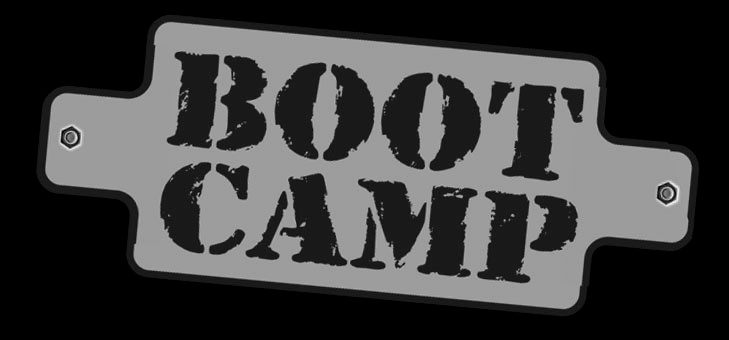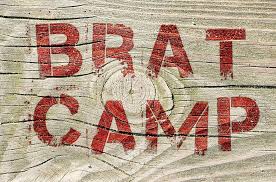The term brat camps is pejorative, condemning either the organizations themselves or the children who are sent there. When referring to a child, it is a disdainful term that blames the child for whatever the issues may be. When referring to an organization that purports to help children, it does not bespeak a professional, licensed and accredited institution, but one at which preteens and teens are treated punitively, without a research-based approach or certified staff overseeing the program.
The term brat camp gained popularity through a reality television show that is no longer produced. On it, teens were treated for a range of different issues, some of which-like ADHD and mood disorders-lead to behaviors that it seems only someone without a true understanding of the condition would callbratty or treat by sending a child to a place with a shape-up-or-ship-out attitude. Other teens were sent to the so-called “brat camps” for issues such as defiance, problems with school, substance abuse, violence, and lying.
In fact, the programs at which the teens on this show were treated aren’t brat camps by any stretch of the imagination and does these organizations a disservice. The truth is that the Turnabout Ranch, Aspen Achievement Academy, and RedCliff Ascent-all in Utah-and the ANASAZI Foundation in Arizona, are all members of NATSAP (National Association of Therapeutic Schools and Programs), which only accepts licensed and accredited member organizations and holds them to a set of Ethical Principles and Principles of Good Practice. Calling such organizations brat camps is absurd.
The ANASAZI Foundation addresses the brat camp label head-on, stating on their website that the organization “does not consider itself a brat camp. There are no “brats” or “bad kids” at ANASAZI. We help children and young adults (and their caring families) who in some cases have made bad choices.“
Reasons Not To Send Your Child to a Brat Camp
Now let’s summarize the reasons why you should not consider a brat camp if you have a child who needs outside assistance with an issue.
• A brat camp, by its very name, starts off with a lack of respect for the people it is supposed to help. How can a young person be properly diagnosed and treated, assisted to become more mature, and accept guidance and counseling and mentoring from people who reveal before they’ve even met him or her that they have no respect for your child?
• Children who need help need the guidance and insight of people who have been trained and who make decisions on how to proceed based on that training, on research, and on experience. This means that therapists and teachers should be licensed, that the clinical and educational programs should be accredited by a legitimate and well-respected accreditation institution and/or by the state in which it operates, and that the program philosophy should be sound, based on, for example, 12 Step or Christian principles or some other research-based program.
• Punitive institutions, which organizations that disdain their patients tend to be, have been shown to be unsuccessful in long-term results. This means that the whatever issue or issues your child faces will not be well-addressed, and you will be out thousands of dollars for nothing positive.
• Especially for patients with a mental health issue like a mood disorder or a learning disability like ADHD, for whom punishment cannot possibly change their underlying condition, this is a poor choice. Beyond that, for all types of issues, a disrespectful atmosphere and punishment-ridden environment may make things worse instead of better.
• If the underlying cause of the child’s behavior issues is caused by the actions of others, such as physical abuse, incest, or bullying, then the child is only the identified patient: the whole family or whomever is inflicting the abuse needs treatment and sending the child anywhere, even to a reputable, well-run program may not even be able to assist the child properly.
Other Options to Consider
Have an expert, such as your child’s pediatrician, provide a diagnosis if one is possible. Look for a therapeutic environment that advertises itself as dealing specifically with whatever issues have been identified by the expert.
The program should explain its philosophy and approach, identify its credentials and the qualifications of its staff, and provide an overview of the types of issues the staff are qualified to deal with.
Either use a member organization, such as NATSAP (National Association of Therapeutic Schools and Programs), or get a recommendation from the expert, or work with a consultant from an organization like IECA (Independent Educational Consultants Association) to find an appropriate fit, or-if you do the search yourself-check the program’s credentials before doing anything else.
Once you’ve established that the program might possibly be a good fit, scour their website and look for other information about them to confirm that they provide good results for children with issues like those that face your child.


